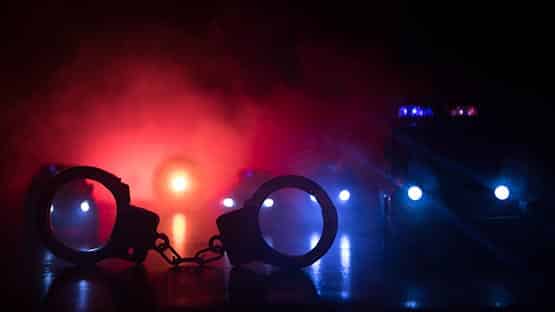
Virginia Tech professor Marc Edwards, a nationally renowned expert on municipal water quality, is credited with helping expose the high lead levels in the city’s water. The team will return nine months after the switch to Detroit water, the implementation of optimal corrosion control, and a state-supported flushing program.
Edwards, the Charles P. Lunsford Professor of Civil and Environmental Engineering in the College of Engineering, and his team of students and staff members will assemble water test kits that will be sent to Flint.
Team members will put together the test kits at 10 a.m., Tuesday, July 5, in 483 Durham Hall on Virginia Tech’s Blacksburg campus. Media members are invited to cover Tuesday’s preparations and are encouraged to RSVP via email to [email protected].
Lee-Anne Walters, mother of four and Flint resident who initially sounded the alarm when her children became sick from the contaminated water, will coordinate citizen residents to aid with organizing and scheduling sampling visits. Many of the 174 Flint homes that were previously tested in March 2016 and the original 269 homes in the initial comprehensive city-wide effort that occurred in August 2015 will be sampled again.
Edwards anticipates results from the third round of testing will be available later in August.
In concurrence with the lead in water problem, there was an outbreak of Legionnaires’ disease in Flint observed in 2014-2015. Legionella, bacteria that causes a type of lung infection leading to pneumonia otherwise known as Legionnaires’ disease, survives in soil and water and can multiply in water systems, such as hot tubs, air conditioners, and hot water heaters.
William Rhoads, of Joplin, Missouri, a Ph.D. student, and Taylor Bradley, of Washington D.C., a master’s student, both in the Charles E. Via Jr. Department of Civil and Environmental Engineering, are currently leading a 15-person team in Flint on the study of water quality in residential hot water heaters.
Members of the Virginia Tech team are testing water samples from water heaters in 30 Flint homes to evaluate the effects of cleaning the heaters with standardized protocols. The work, funded by the state of Michigan and a grant from the Greater Flint Community Foundation, is based on research overseen by Virginia Tech members: Edwards; Amy Pruden, the W. Thomas Rice Professor of Engineering; and Otto Schwake, a civil and environmental post-doctoral researcher.
A set of potential problems posed by water heaters includes:
- The water in heaters is not always kept hot enough to control growth of bacteria. Cooler water temperatures are commonly used to reduce scalding risks and save energy.
- Water heaters accumulate “gunk,” consisting of corrosion sediment, biomass, and naturally occurring precipitates, such as calcium carbonate. The “gunk” may be reacting with chlorine in cold water and facilitate bacteria growth.
- The heater is a storage tank. When the tank is too large, all of the water does not get used; therefore the water may sit for long periods of time and provide more opportunity for bacteria growth.
“By sampling and testing the water from the heaters, we are verifying our initial findings that Legionella risks in Flint homes are low,” said Rhoads, also a Via Scholar. “On the basis of these results, we might recommend a simple or extensive cleaning and flushing protocol, if it improves the quality of water in homes.”










